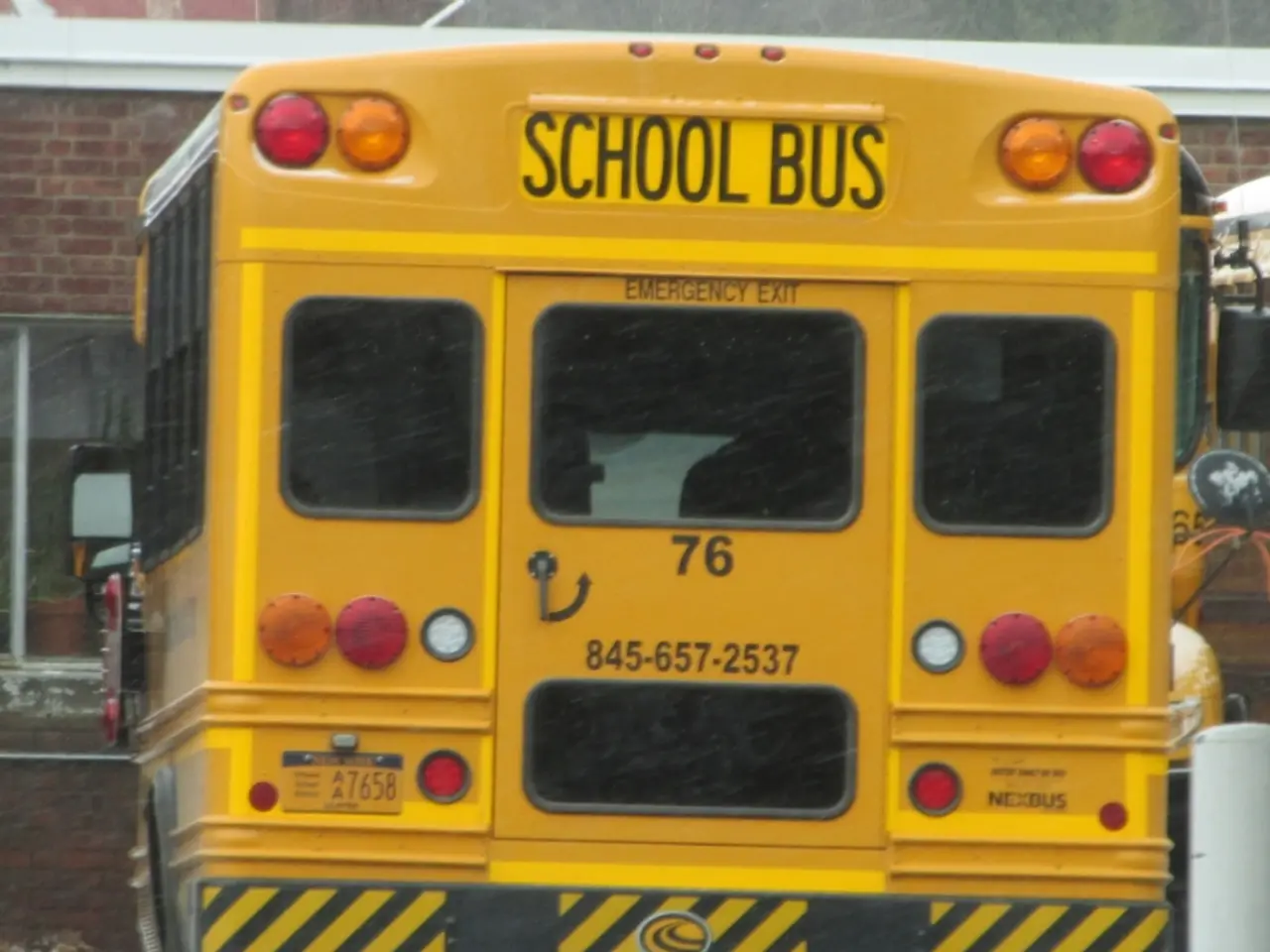Decrease in Proposed Fee Hikes by 26% among Semi-Private Schools in Hong Kong
In a significant shift, the number of Hong Kong semi-private schools applying for tuition fee increases has decreased by 26% compared to last year, with the current number standing at 40, according to recent reports.
This decrease can be attributed to several factors, with the sluggish economy playing a crucial role. The economic downturn has led to reduced consumer spending and financial constraints for families, making it challenging for schools to justify tuition increases.
Dion Chen, chairman of the Direct Subsidy Scheme Schools Council, highlighted that most DSS schools had not raised school fees during the pandemic due to these economic pressures. He also stated that schools consider whether they have a need and sufficient surplus before applying to raise fees.
The competitive education market in Hong Kong also plays a part. Schools might face pressure to maintain enrollment numbers, as a weak economy may lead to fewer families being able to afford private education. Additionally, competition among schools offering similar programs can make it challenging for schools to raise fees without losing students to competitors who maintain lower tuition rates.
Government policies and funding initiatives can also influence school decisions. If there are incentives for schools to maintain affordability or changes in funding models, this could dissuade schools from seeking fee increases.
Parental expectations and market perception are other factors to consider. Schools may hesitate to raise fees if they cannot justify the increase with enhanced services or better educational outcomes. If the market perceives that schools are not providing sufficient improvements in education quality, parents may resist tuition increases.
Interestingly, the number of schools freezing fees this September has increased by 52% compared to last year, with 38 schools choosing to maintain their current tuition rates. This trend suggests that schools are cautious about raising fees to avoid losing students and to maintain enrollment viability.
In conclusion, the decline in applications for tuition fee increases by semi-private schools in Hong Kong is likely due to a combination of economic factors, competitive market pressures, and changes in consumer behavior. As the economy remains sluggish, schools are being more strategic in their decision-making to ensure they maintain enrollment and financial stability.
- The reduction in tuition fee increase applications by Hong Kong semi-private schools could be attributed to economic factors such as the sluggish economy leading to financial constraints for families, as well as the competitive education market making it challenging for schools to justify raising fees without losing students.
- Schools might opt to maintain their current tuition rates due to government policies and funding initiatives that incentivize affordability, market pressures from parents who resist tuition increases if they do not perceive sufficient improvements in education quality, and competition among schools offering similar programs which can make it challenging for schools to raise fees.




